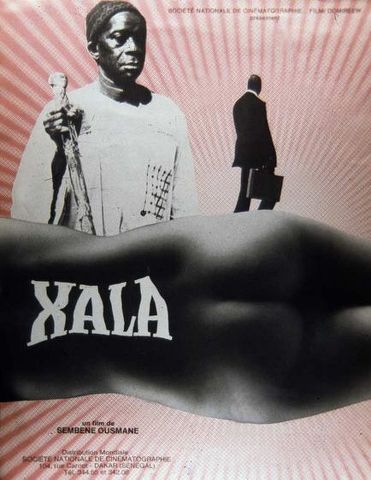

In precolonial Senegal, members of the Ceddo (or “outsiders”) kidnap Princess Dior Yacine (Tabata Ndiaye) after her father, the king, pledges loyalty to an ascendant Islamic faction that plans to convert the entire clan to its faith. Attempts to recapture her fail, provoking further division and eventual war between the animistic Ceddo and the fundamentalist Muslims, with Christian missionaries and slave traders from Europe also playing a role in the conflict. Banned in Senegal upon its release, Ceddo is an ambitious, multilayered epic that explores the combustible tensions among ancient tradition, religious colonization, political expediency, and individual freedom.Read More »







